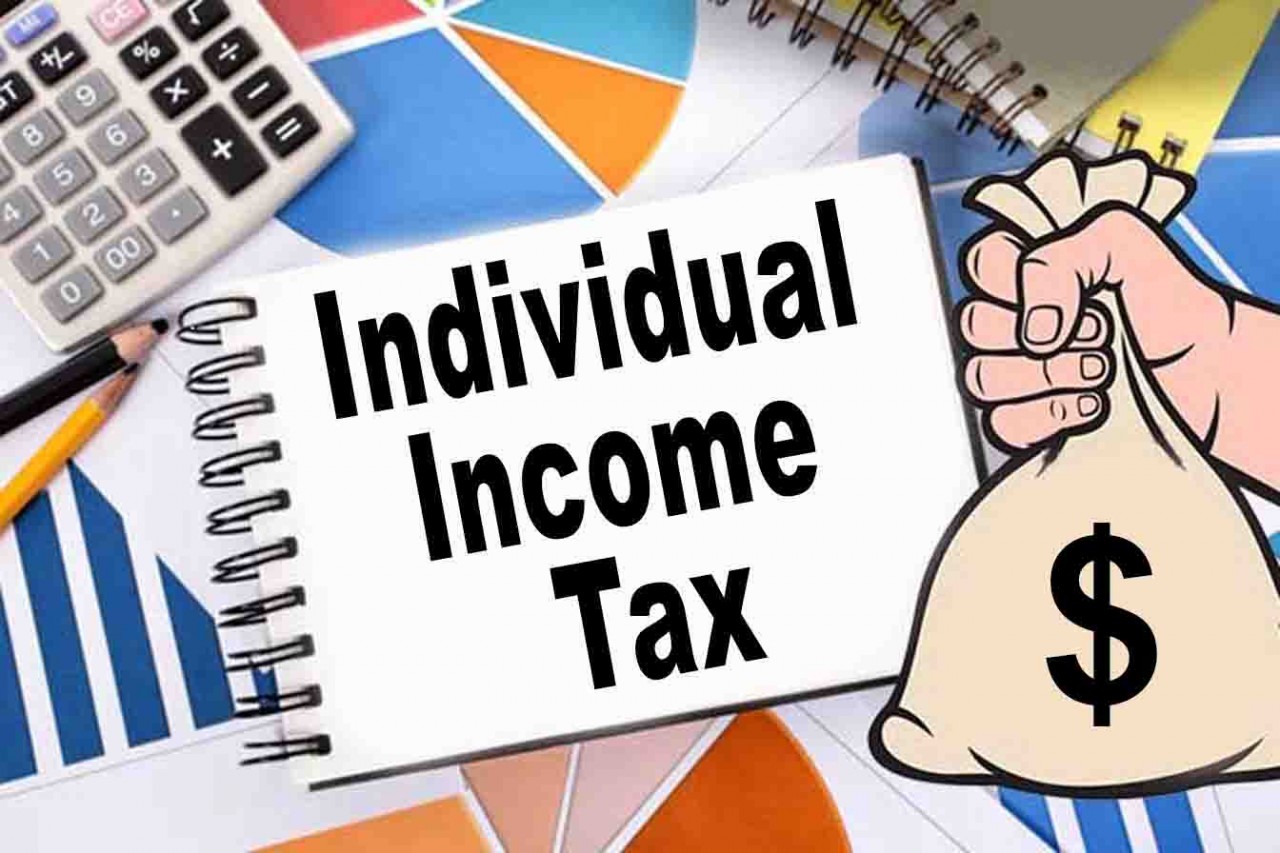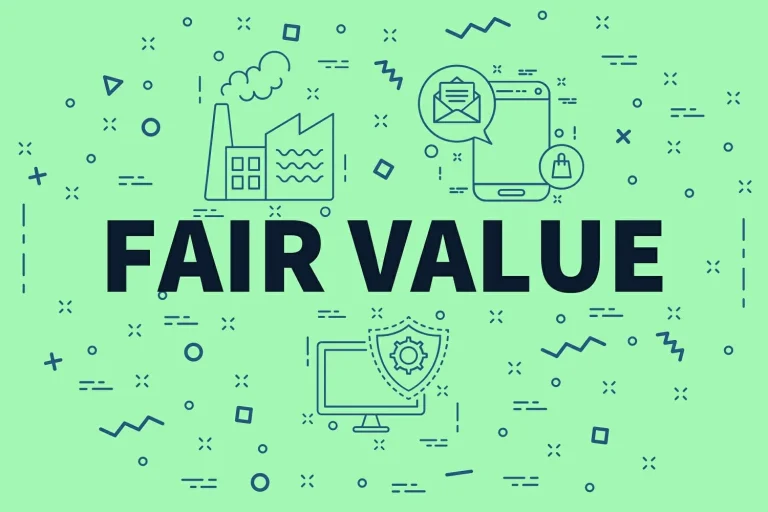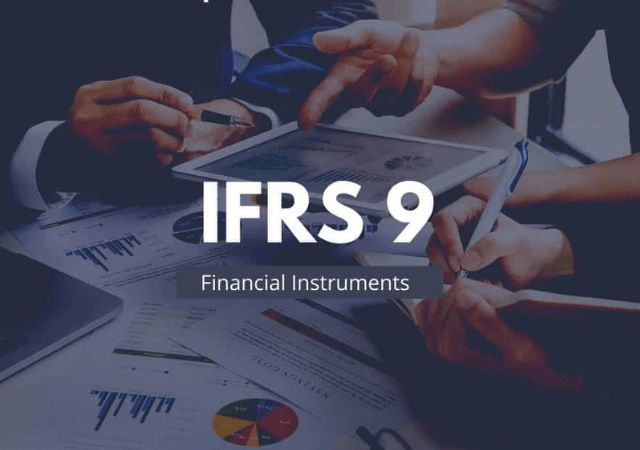Personal Income Tax: Compliance Approach by IRAS
The Inland Revenue Authority of Singapore (IRAS) aims to foster a compliant taxpayer environment, understanding that most non-compliance issues stem from negligence or a lack of understanding of tax matters. Therefore, IRAS tailors its compliance strategies to the behavior of taxpayers, promoting voluntary compliance and addressing errors proactively.
Compliance Strategies
Support for Voluntarily Compliant Taxpayers
For taxpayers who are voluntarily compliant, IRAS provides support to help them meet their tax obligations. Taxpayers are encouraged to voluntarily disclose filing errors or incorrect returns promptly. Furthermore, they may qualify for penalty reductions under the IRAS Voluntary Disclosure Programme.
Addressing Negligent Taxpayers
Taxpayers who are negligent in filing their tax returns are subject to audits to detect and correct errors. Thus, if errors or incorrect tax reporting are uncovered, penalties may be imposed, reaching up to two times the amount of tax undercharged. In addition, serious cases may lead to court prosecution.
Action Against Deliberate Tax Evaders
For the small group of taxpayers who intentionally evade taxes, IRAS conducts detailed investigations and takes strong enforcement actions.
Areas of Compliance Focus
IRAS focuses on maximizing voluntary compliance by implementing proactive outreach and upstream data collection. Besides, key compliance areas include:
- Timely Filing of Income Tax Returns: More than 96% of individuals file their tax returns on time. Hence, prompt filing ensures timely finalization of tax matters.
- Under-Reporting of Employees’ Income: Employers must accurately report employees’ income, including benefits-in-kind, stock options, and taxable benefits. Therefore, non-compliance can result in penalties.
- Under-Reporting Revenue and Wrongful Expense Claims: Cash-based industries and self-employed individuals (e.g., doctors, lawyers, online sellers) are scrutinized for accurate revenue reporting and legitimate expense claims.
- Tax Avoidance Arrangements: IRAS monitors and adjusts arrangements that aim to evade taxes. Likewise, this includes setting up multiple companies or shifting personal income to corporate entities for tax benefits.
Common Tax Filing Mistakes
Taxpayers often make errors in their tax filings, leading to penalties. Common mistakes include:
- Under-Reporting Revenue: All revenue, including cash payments for purchases or expenses, must be properly recorded.
- Mixing Personal and Business Finances: Separate bank accounts should be maintained for personal and business transactions to ensure accurate reporting.
- Failing to Declare Additional Income: Income from freelance or part-time work must be declared.
- Claiming Private Expenses: Only business-related expenses are deductible; personal expenses are not.
- Incorrectly Reporting Motor Car Expenses: Expenses for private cars are generally not deductible.
- Excessive Salary Payments to Related Parties: Payments should be commensurate with services rendered and in line with market rates.
- Improper Record-Keeping: Accurate records of income and expenses must be maintained for at least five years.
Tax Filing Requirements
Individuals must file an Income Tax Return if:
- They receive a tax form or notification from IRAS.
- Their total income exceeds $22,000 annually.
- Their net trade income is more than $6,000.
- They are non-residents earning income from Singapore.
Even those on the No Filing Service (NFS) must report additional income or changes in tax reliefs.
Compliance Programmes for Employers
Employers under the Auto Inclusion Scheme (AIS) must transmit employees’ income details accurately and on time. Common employer errors include:
- Incorrect reporting of benefits-in-kind.
- Under-reporting stock option gains.
- Omitting taxable benefits.
IRAS uses segment profiling and modelling to identify employers likely to make errors and conducts upstream assurance programmes to ensure data accuracy.
Addressing High-Income Individuals and Tax Avoidance
IRAS observes a trend of high-income individuals setting up companies to reduce tax liability. Tax avoidance arrangements often involve artificial setups lacking commercial substance. IRAS will adjust arrangements that primarily aim to avoid taxes without genuine business reasons.
Conclusion
By understanding and adhering to compliance requirements, taxpayers and businesses can avoid penalties and contribute to a fair tax system. IRAS’s approach combines support for compliant taxpayers with strict enforcement against deliberate evaders, ensuring a balanced and effective compliance framework.
For more detailed information on compliance programmes and guidelines, please refer to IRAS’s official documentation and resources.
Disclaimer: This article is for informational purposes only and does not constitute any professional advice. Feel free to contact us to consult with our professional advisors team for personalized advice and guidance.






